This silent deficiency is leaving women fatigued and misdiagnosed
It's easy to dismiss as exhaustion
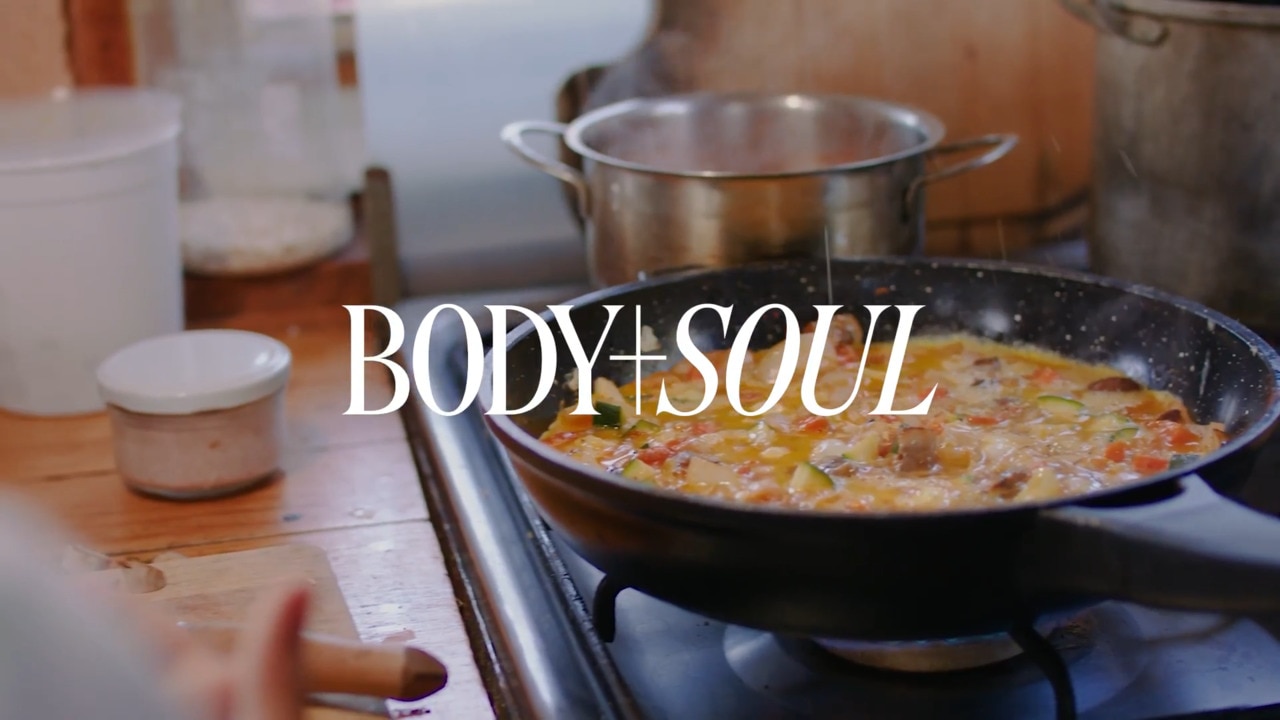
Lifestyle
Don't miss out on the headlines from Lifestyle. Followed categories will be added to My News.
Even though it's regularly talked about among women, we're still missing the symptoms of this energy-draining deficiency.
It feels like everyone online is currently telling us we need to increase our protein and fibre intake to avoid health issues.
But with the World Health Organisation (WHO) estimating that 30 per cent of women aged 15 - 49 experience anemia, experts say women should be more concerned about their iron intake.
How serious is anemia?
Iron helps oxygen to be carried around the body, as well as our immune system function.
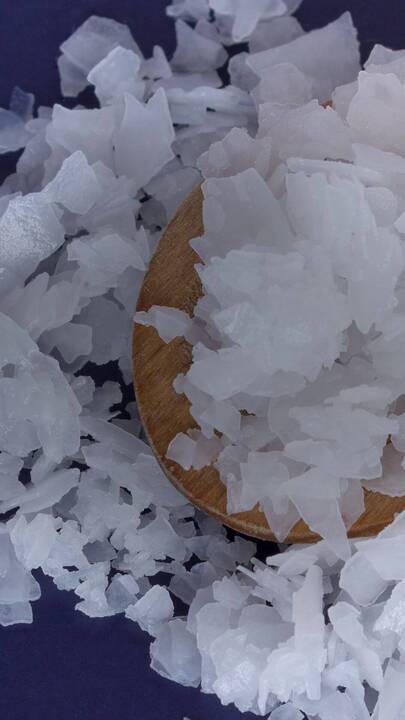
Nutritional biochemist and author of Fix Iron First, Dr Libby Weaver tells Body+Soul, “severe iron deficiency anaemia, if left untreated, is life threatening, one reason for which is that when there’s not enough iron to produce haemoglobin, your body struggles to carry oxygen efficiently, putting extra strain on your heart as it tries to compensate.”
“Milder forms of iron deficiency can cause extreme fatigue, heart palpitations, dizziness and even heart-related complications.”
Iron deficiency’s impact beyond anemia
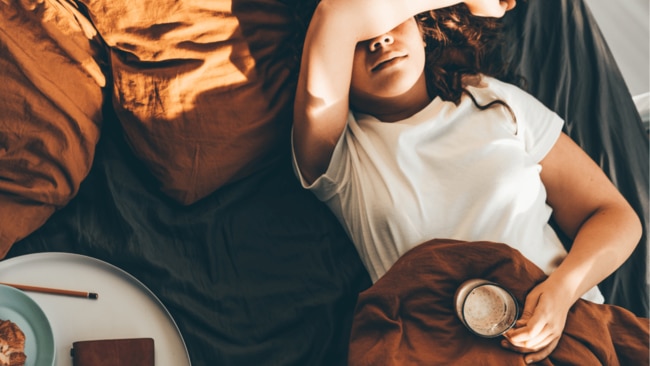
A person is considered anemic if they have a haemoglobin level below 130 g/L for men, 120 g/L for women who aren’t pregnant, and 110 g/L for pregnant women and young children, according to the WHO.
Even before becoming anemic, an iron deficiency can seriously impact your health and wellbeing.
Many women may dismiss their symptoms as a result of a lack of sleep, busy schedule, over exercising or simply a slump, but Weaver says, “you might experience brain fog, anxiety, low mood, hair thinning, poor concentration and even restless legs – all without being technically ‘anaemic’”.
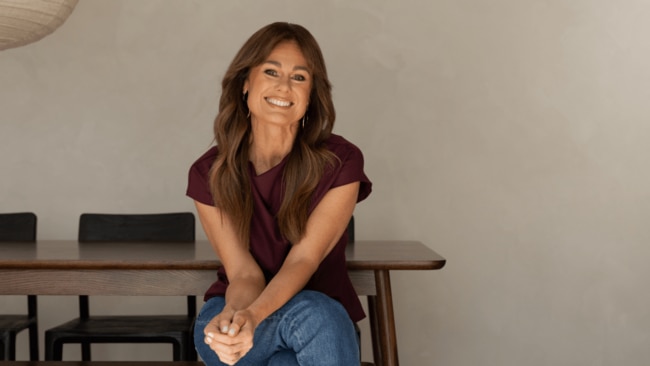
She adds that we may also miss the mental impacts of low iron, as iron deficiency can be misdiagnosed as anxiety or depression because “the mental fog, low mood and restlessness are real, biochemical effects of low iron.”
“Iron also plays a crucial role in heart health”, the nutritional biochemist explains. “If you’ve ever felt breathless with minimal exertion or experienced heart palpitations out of nowhere, low iron could be a factor.”
So while your iron is low, “your liver asks for iron to detoxify, your thyroid needs it to produce hormones, your brain calls for it to make dopamine for motivation and mood and your heart has to beat faster to deliver oxygen where it’s needed. If you’re running on low, these processes are compromised – and your body will always prioritise the functions that are key to your survival”, she explains.
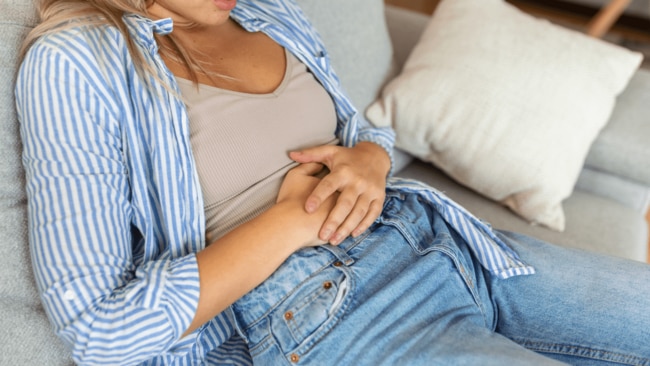
Who’s at risk of low iron?
According to the Red Cross, adult males on average have about 1000mg of stored iron, or three years' worth, while women typically only have about 300mg, or six months' worth.
Menstruating women are at a greater risk of iron deficiency.
Their risk can grow at other points in their lives too, with Weaver pointing out that “pregnancy ramps up the demand for iron even further, as both mother and baby require higher amounts for healthy development and increased blood volume.”

“During perimenopause, hormonal shifts can lead to heavier or more frequent bleeding, quietly increasing iron loss without many women realising”, she notes.
One study found that nearly 70 per cent of vegans and vegetarian teenage girls had an iron deficiency.
Weaver says this is due to plant-based iron being harder for the body to absorb than animal-based, so this group needs to consume about “1.8 times more iron daily to meet their needs”
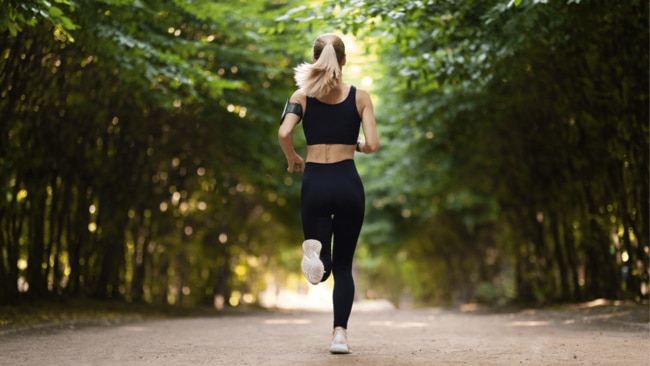
The nutritional biochemist says athletes are also at greater risk of having low iron, as “intense exercise increases iron demands due to higher red blood cell turnover and tiny iron losses through sweat.”
How to boost your absorption of iron
Iron isn’t made in the body, so we need to consume the nutrient to sustain our levels.
According to the Red Cross, we absorb up to 30 per cent of the animal-based iron, and two to 10 per cent of the plant-based iron that we consume.

Iron-rich foods include red meat, beans, spinach, sweet potatoes, some breads and pastas, strawberries, watermelon and tofu.
But you can pair iron-rich foods with other foods to boost absorption of the nutrient.
“Vitamin C (like from citrus fruits, berries, or capsicum) boosts absorption of [plant-based] iron”, Weaver tells B+S, “while tea, coffee and calcium-rich foods can inhibit iron absorption if consumed with meals.”
“And your gut health plays a crucial role – if your digestive system isn’t in good shape, it’s much harder for your body to access and utilise the iron you consume.”
There is such a thing as too much iron though, and high levels in the body can be fatal, so it’s a good idea to speak to your GP if you have concerns.
More Coverage
Originally published as This silent deficiency is leaving women fatigued and misdiagnosed





